The Impact of Experiential Learning on Students’ Academic Achievements a Case of Lukaya Town Council in Kalungu District
Nakitiibwa Caroline and Gwokyalya Edith Baagala
College of Education Open and Distance Learning Kampala International University Uganda.
ABSTRACT
This experimental study was undertaken to assess the effectiveness of experiential learning strategies in influencing students learning. This study was undertaken in the form of a naturalistic inquiry. A naturalistic inquiry is one that is conducted in a natural setting of interest to the researcher using natural methods such as observation, interviewing, thinking, reading, and writing. This investigation was conducted with three senior students at Lukaya Seed School with the purpose of assessing the effectiveness of the experiential learning strategy in realizing the set learning outcomes. The researcher used a convenient sampling technique to select all the one hundred and twelve (112) Form 3 History students to participate in the intervention. Data collected from daily journal recording as well as their scores in activities of integration were analyzed using a frequency table with the intention of establishing the mean score and the failure rate of students in history before the intervention was implemented. At the end of the innovation, students were, to a large extent, able to construct an extensive and flexible historical knowledge base. The students were able to take ownership of their learning, and out of question, the researcher observed that senior three history students had become better problem-solvers. They had transformed into aggressive, self-directed learners who collaborated, and they appeared intrinsically motivated. To a reasonable extent, the innovation engendered specific generic skills needed by students from the historic perspective, including reasoning skills, which they evidently applied to solve their own problems. There was also evidence of students becoming effective collaborators, as evidenced by their establishing common ground, resolving discrepancies, and working in groups to negotiate actions they planned to take to arrive at an agreement. Education planners need to put much emphasis on collaborative learning, at least across subjects, to develop students’ social skills because they learn a lot from their peers.
Keywords: Experiential learning, Students, Education planners, History.
CITE AS: Nakitiibwa Caroline and Gwokyalya Edith Baagala (2024). The Impact of Experiential Learning on Students’ Academic Achievements a Case of Lukaya Town Council in Kalungu District. IAA Journal of Education 10(2):37-46.https://doi.org/10.59298/IAAJE/2024/102.3746.11
